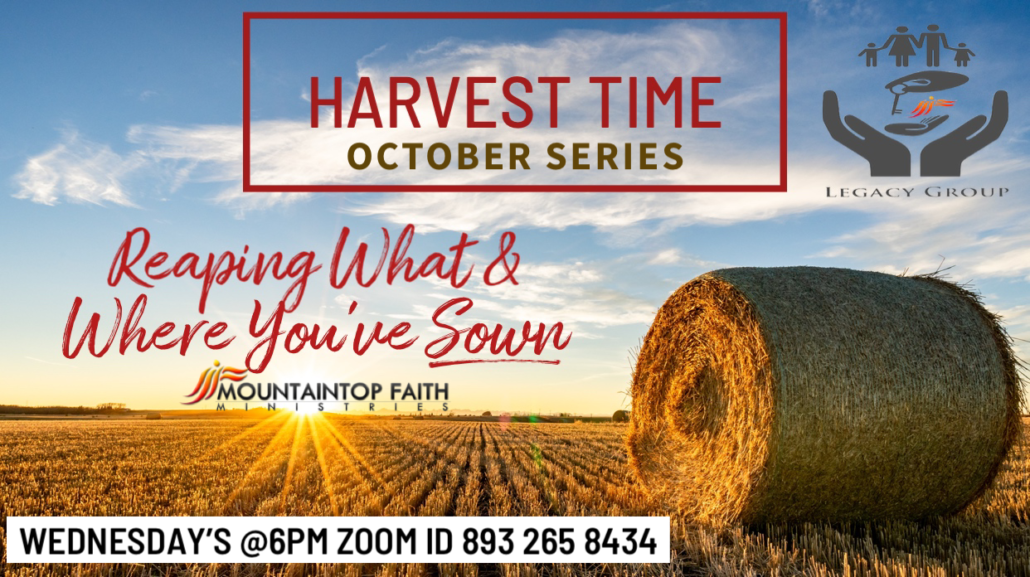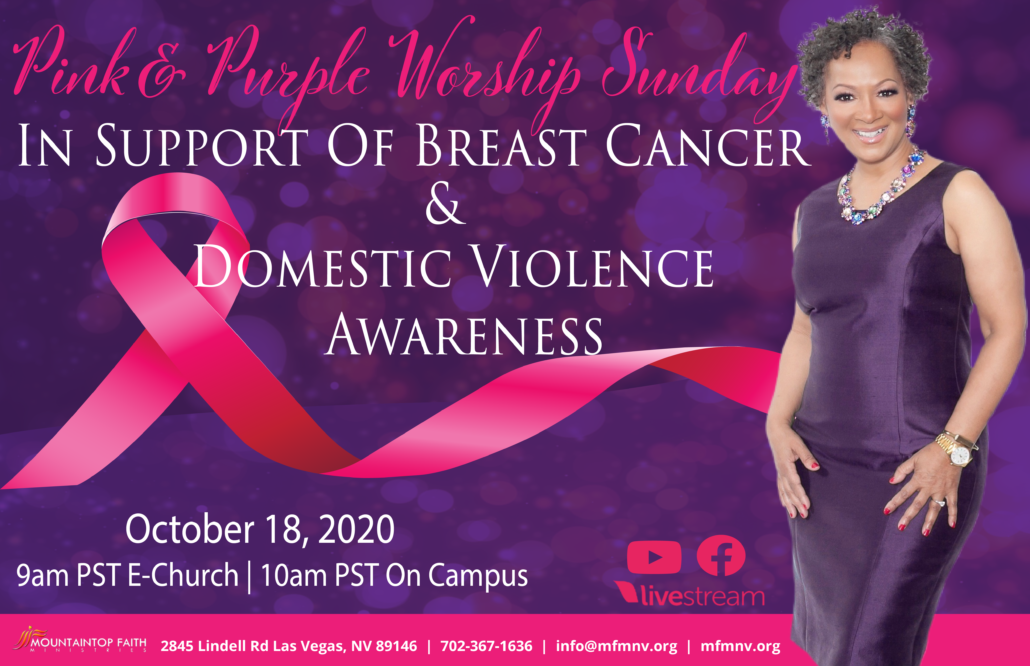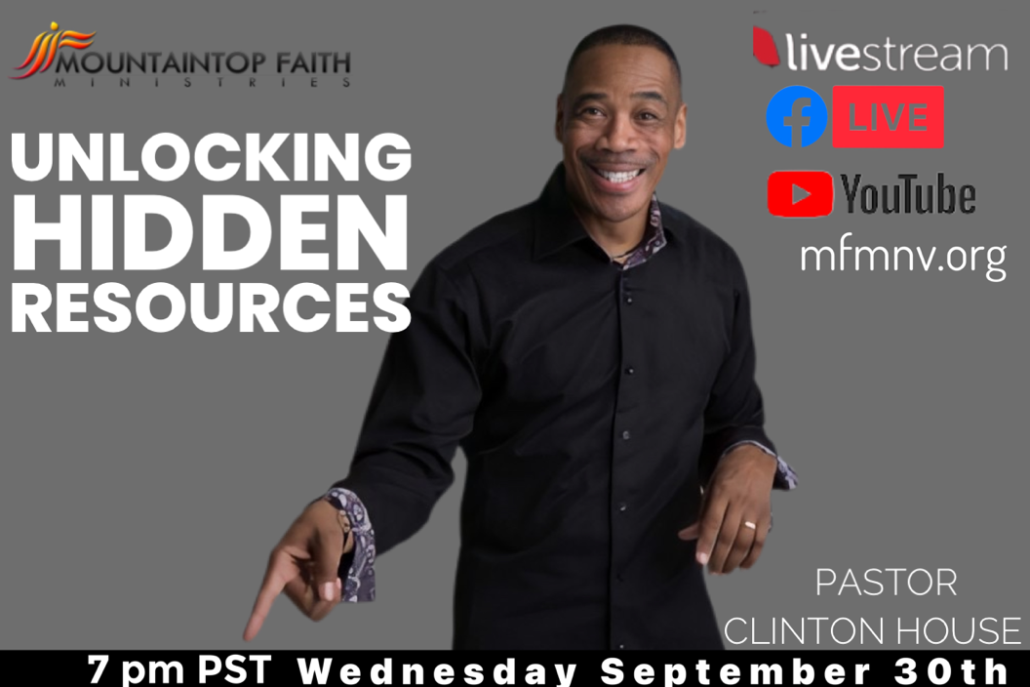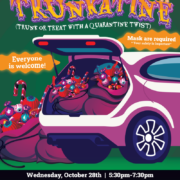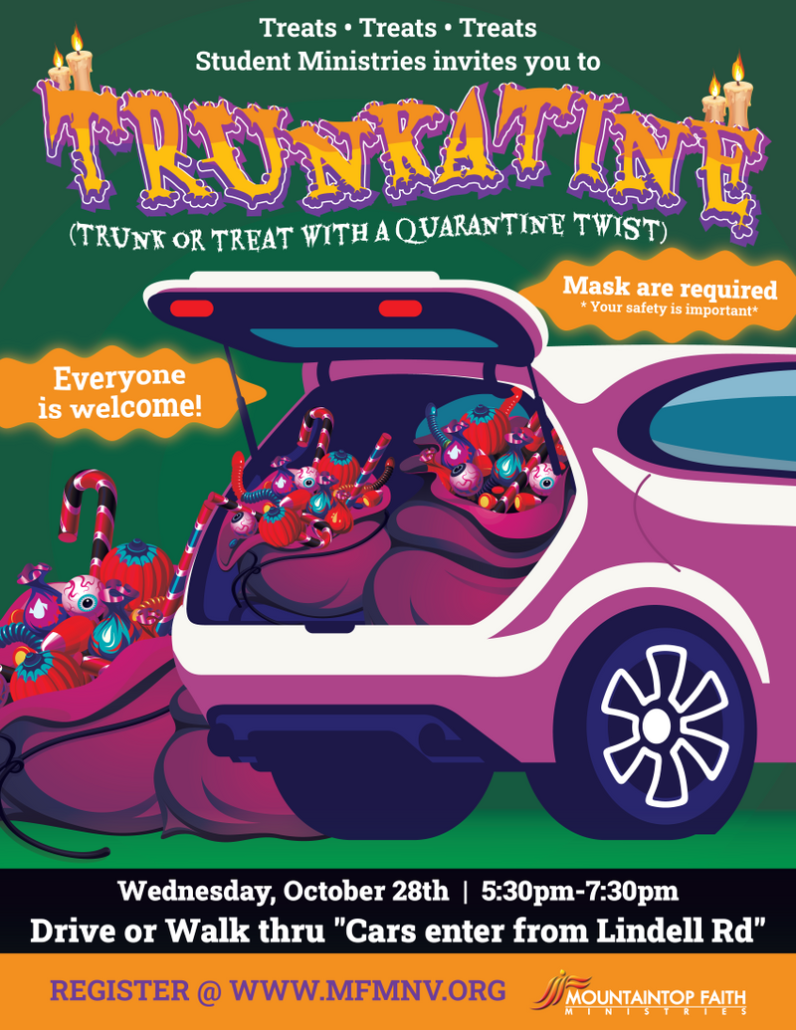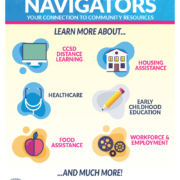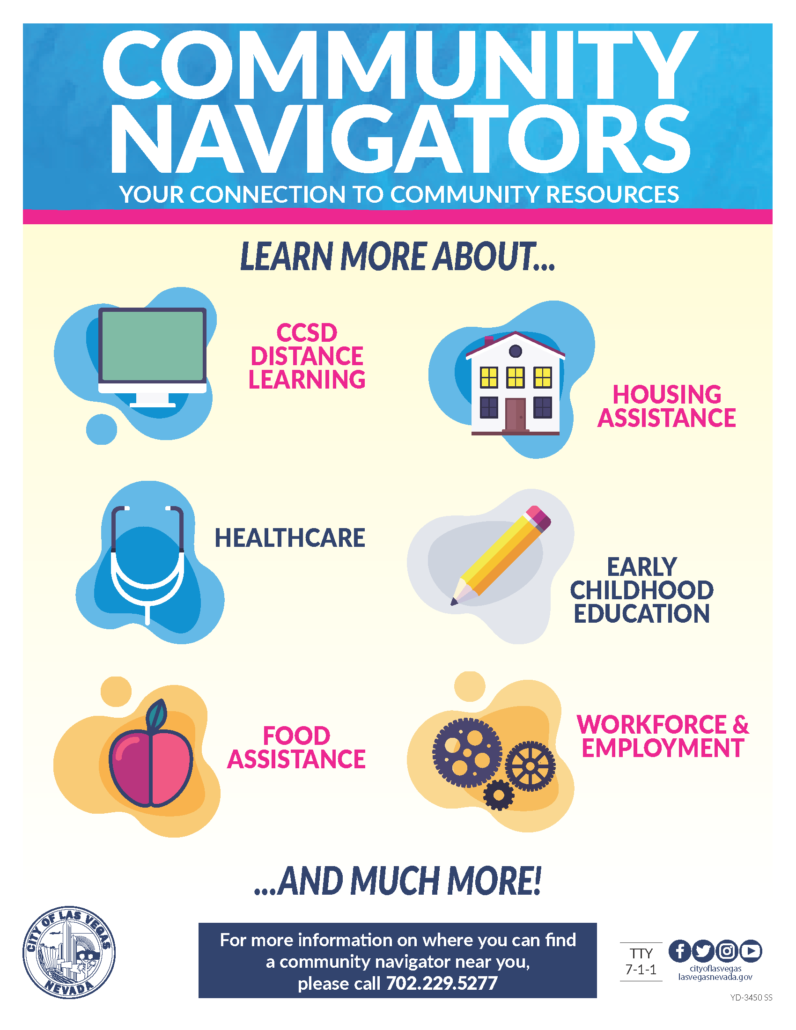https://mfmnv.org/wp-content/uploads/2020/10/october-2020-series.png
696
1242
Jennifer Simpson
https://mfmnv.org/wp-content/uploads/2016/12/logo-300x92.png
Jennifer Simpson2020-10-08 15:44:252020-10-19 15:33:10LEGACY FINANCIAL GROUP
https://mfmnv.org/wp-content/uploads/2020/10/Pink-Purple-Sunday-2020-01.png
3300
5100
Andrea Solid
https://mfmnv.org/wp-content/uploads/2016/12/logo-300x92.png
Andrea Solid2020-10-08 11:54:402020-10-19 15:33:17Pink & Purple Worship Sunday
https://mfmnv.org/wp-content/uploads/2020/10/seed-time-harvest.png
903
1242
Andrea Solid
https://mfmnv.org/wp-content/uploads/2016/12/logo-300x92.png
Andrea Solid2020-10-07 13:25:322020-11-02 13:18:49Seed Time Harvest
https://mfmnv.org/wp-content/uploads/2020/10/legacy-oct-2020.png
636
1242
Andrea Solid
https://mfmnv.org/wp-content/uploads/2016/12/logo-300x92.png
Andrea Solid2020-10-06 16:03:502020-10-19 15:33:28Legacy Financial Group
https://mfmnv.org/wp-content/uploads/2020/10/Lambs-to-Lions-2020-landscape.png
1583
2048
Andrea Solid
https://mfmnv.org/wp-content/uploads/2016/12/logo-300x92.png
Andrea Solid2020-10-01 16:07:112020-11-05 14:12:59Lambs to Lions
https://mfmnv.org/wp-content/uploads/2020/09/MicrosoftTeams-image-1.png
704
1056
Jennifer Simpson
https://mfmnv.org/wp-content/uploads/2016/12/logo-300x92.png
Jennifer Simpson2020-09-30 13:57:212020-10-19 15:33:46Wednesday Night Worship & Word
https://mfmnv.org/wp-content/uploads/2020/09/harvesrt-in-a-pandemic.png
720
1280
Andrea Solid
https://mfmnv.org/wp-content/uploads/2016/12/logo-300x92.png
Andrea Solid2020-09-23 14:16:552020-11-02 13:19:12Harvest In A Pandemic
https://mfmnv.org/wp-content/uploads/2020/09/fall-service-hours.jpg
1656
1242
Andrea Solid
https://mfmnv.org/wp-content/uploads/2016/12/logo-300x92.png
Andrea Solid2020-09-15 16:37:232020-10-26 15:32:24New Fall Service Hours
Scroll to top



